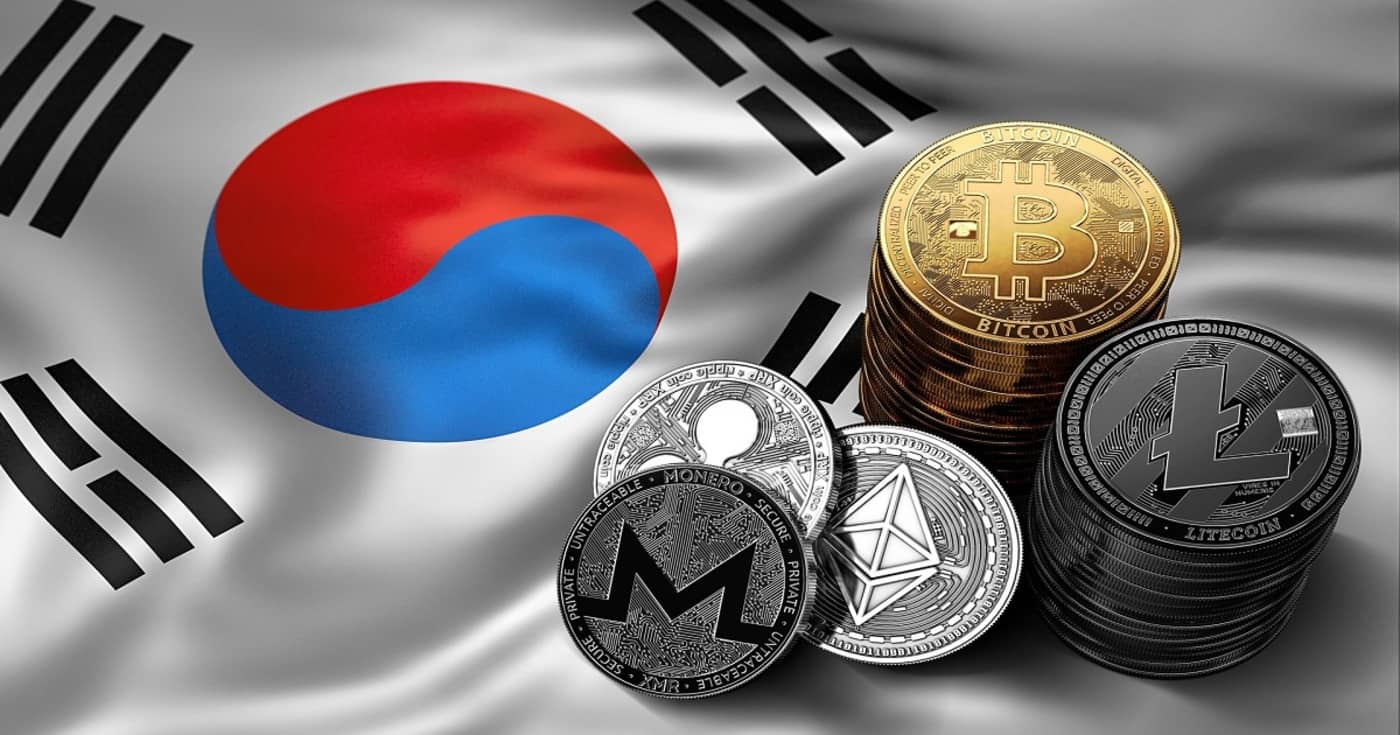
South Korean regulators crack down on crypto as the crypto industry grows, and so do the crimes committed in it, this is because transactions in digital assets do not require third parties’ intervention, making it easier for bad actors to attack.
According to Chainalysis, cryptocurrency-related crime reached an all-time high in terms of value last year, with illicit addresses receiving $14 billion in digital currency, a 79% increase from $7.8 billion in 2020.
In 2022, investors lost $3 billion in 125 hacks. However, the cryptocurrency market is receiving much regulatory attention to control money laundering and terrorist financing using cryptocurrencies.
South Korean regulators have recently tightened their stance on maintaining AML (Anti-Money Laundering) compliance in digital assets. South Korea’s Financial Services Commission (FSC) plans to investigate the number of stablecoins used on crypto exchanges. FSC’s “Risk Assessment Index Development, Improvement, and Application Methods Study for New Business Areas” report stated that many stablecoins are susceptible to money laundering procedures.
Therefore, according to anti-money laundering instructions, special attention will be paid to monitoring crypto whales with over 100 million won ($70,000) assets to prevent money laundering. The local media reported that these clients would be monitored quarterly for significant asset changes.
“Customers with large virtual asset holdings are at higher risk of money laundering,” the reporter said.
The report also found that stablecoins, particularly those used by the public, are more likely to become the primary tools for the crime. FSC stated:
“In the case of an independently listed virtual asset, it is possible that it did not meet the listing criteria of other virtual asset operators, and it can be evaluated that the risk of money laundering of virtual asset operators with a high proportion of the virtual asset is high.”
Korean watchdogs have planned more procedures to enforce compliance in the digital sector. In addition to monitoring whales and their digital activities, they aim to look at the percentage of stablecoins used in exchanges to combat money laundering risks.
After the collapse of the Terra ecosystem, South Korea implemented strict enforcement of crypto-related policies. Its financial regulators have redoubled their efforts to ensure investor protection and introduce crypto legislation in early 2024.
In August, the FSC chairman said the regulator wanted to review 13 bills related to digital assets pending in the country’s National Assembly. The purpose of the review is to develop a regulatory framework that will balance the development of Blockchain, investor protection, and market stability.








